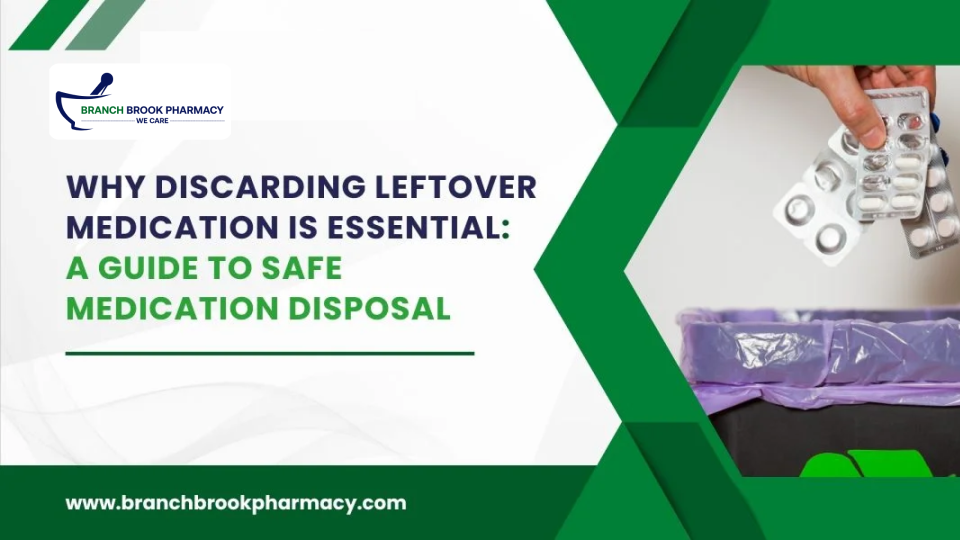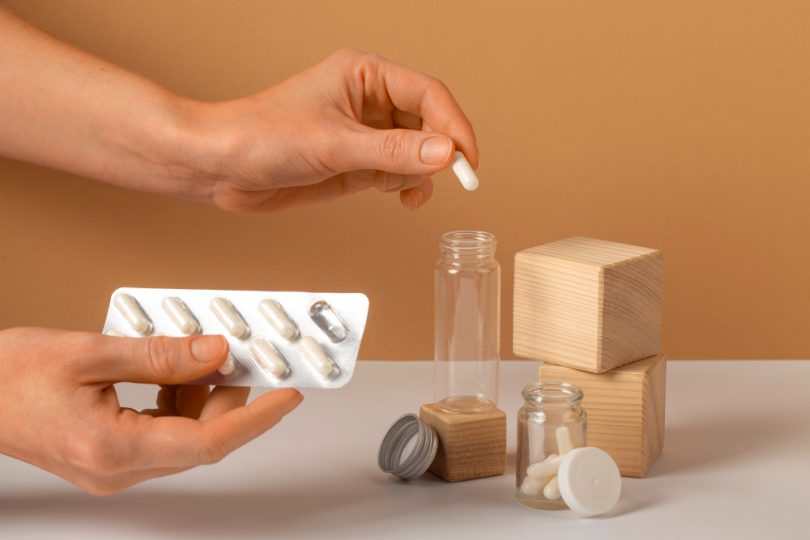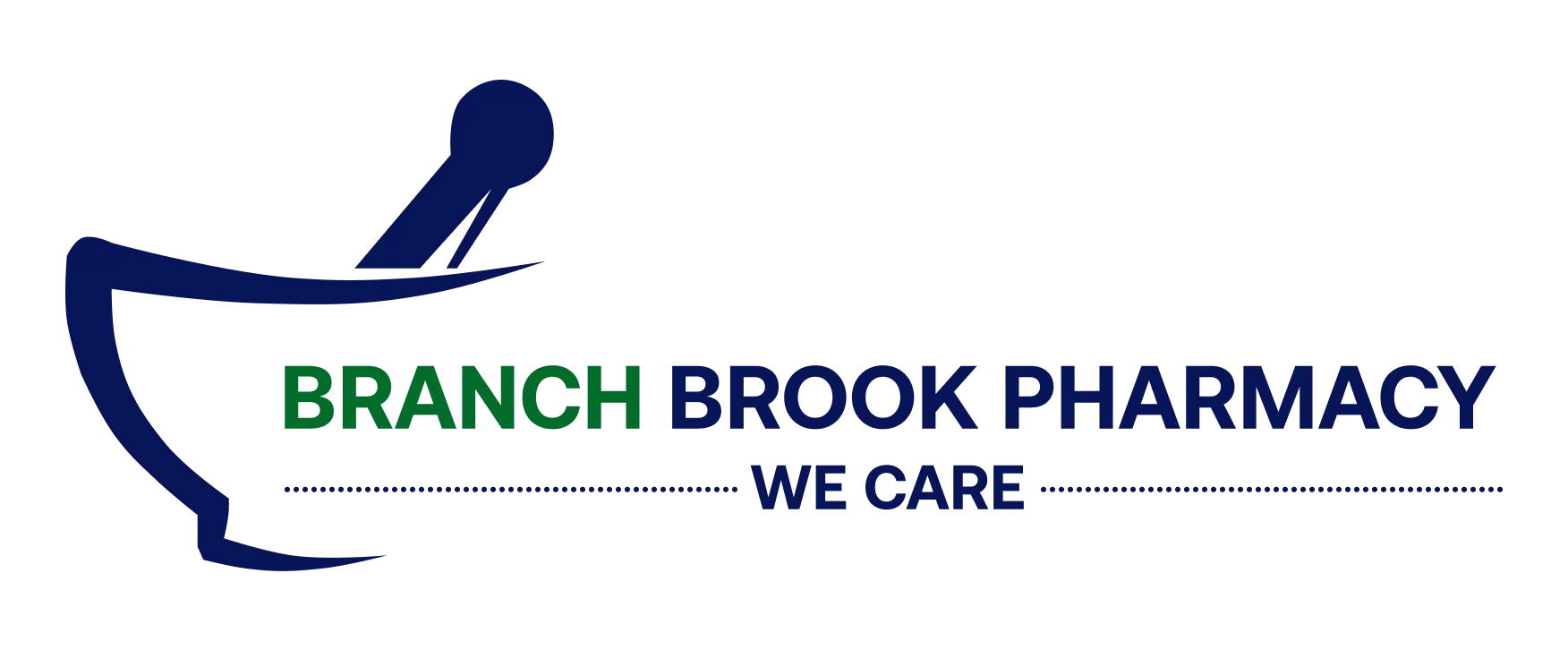
In today’s world, medications play a critical role in maintaining health and treating illnesses. However, many people overlook the importance of safe medication disposal. Leftover or expired medications, when not disposed of properly, can pose significant risks to individuals, families, and the environment.
This article will guide you through the necessity of discarding leftover medication, explain the potential dangers, and provide actionable steps for the safe disposal of prescriptions. By adopting these practices, you can protect your loved ones and contribute to a safer, healthier environment.
The Importance of Safe Medication Disposal
Medications that are no longer needed should not be left lying around. Safe medication disposal is essential for preventing accidental misuse, safeguarding the environment, and promoting overall health and safety.
Why Proper Medication Disposal Matters
- Avoiding Medication Misuse
- Unused or expired medications can lead to accidental overdoses or intentional misuse. Children, pets, or even visitors may inadvertently access these medications, leading to serious consequences.
- Protecting the Environment
Improper disposal, such as flushing medications down the toilet or throwing them in the trash, can contaminate water sources and soil. Safe medication disposal ensures that harmful substances do not enter the ecosystem.
- Preventing Drug Resistance
Leftover antibiotics and other medications can contribute to drug resistance if reused improperly. Disposing of them correctly helps combat this growing public health threat.
How to Dispose of Medication Safely
Knowing how to dispose of unused or expired medications is the first step in practicing safe medication disposal. Here are some effective methods:
1. Drug Take-Back Programs
Many communities offer drug take-back events or permanent collection sites where you can safely discard medications. These programs ensure proper disposal through environmentally friendly methods.
2. Disposal at Pharmacies
Some pharmacies provide medication disposal bins or envelopes for mailing in unused prescriptions. This is a convenient option for discarding leftover medication responsibly.
3. Home Disposal
If no take-back programs are available, follow these steps for home disposal:
- Remove the medications from their original containers.
- Mix the medications with an unappealing substance like coffee grounds or cat litter.
- Place the mixture in a sealed bag and dispose of it in the trash.
Always check medication labels for specific disposal instructions.
The Risks of Improper Medication Disposal
Failing to prioritize safe medication disposal can lead to several risks:
1. Dangers of Unused Drugs
Medications left in cabinets or drawers can be accessed by children or others, increasing the risk of misuse or accidental poisoning.
2. Environmental Impact of Medication
Flushing medications or throwing them away improperly allows chemicals to seep into water supplies or soil, harming wildlife and ecosystems.
3. Increased Risk of Misuse
Expired or leftover medications can end up in the wrong hands, leading to abuse or addiction. Disposing of these drugs responsibly is essential for preventing such issues.
Tips for Safe Medication Disposal
Adopting good habits when handling medications can make a big difference. Here are some practical tips for safe medication disposal:
- Regularly review your medicine cabinet and remove expired or unused drugs.
- Store medications in a secure place to prevent unauthorized access until they are properly discarded.
- Take advantage of local drug take-back programs for easy and safe disposal.
- Avoid flushing medications unless the packaging explicitly instructs you to do so.
These practices not only protect your family but also contribute to broader public health and environmental safety.
Proper Medication Disposal and Public Awareness

Educating the public about proper medication disposal is a shared responsibility. Healthcare providers, pharmacists, and community leaders can play a vital role in raising awareness about the dangers of improper disposal and the importance of discarding leftover medication responsibly.
Pharmacies, in particular, can promote the safe disposal of prescriptions by offering collection bins and encouraging customers to return unused drugs. Increased awareness and accessible solutions can significantly reduce the risks associated with leftover medications.
Conclusion
Safe medication disposal is more than just a good habit—it’s a critical step in protecting our health, preventing medication misuse, and preserving the environment. By properly discarding leftover medication, you can help avoid accidental poisonings, reduce environmental harm, and promote a safer community.
Remember, unused medications are not harmless. Take proactive measures today by participating in drug take-back programs, consulting your pharmacist for disposal advice, and following proper home disposal methods. Together, we can ensure that medications serve their intended purpose without posing unnecessary risks.
Start making a difference by practicing safe medication disposal and encouraging others to do the same. Your efforts can contribute to a healthier, safer world for everyone.

